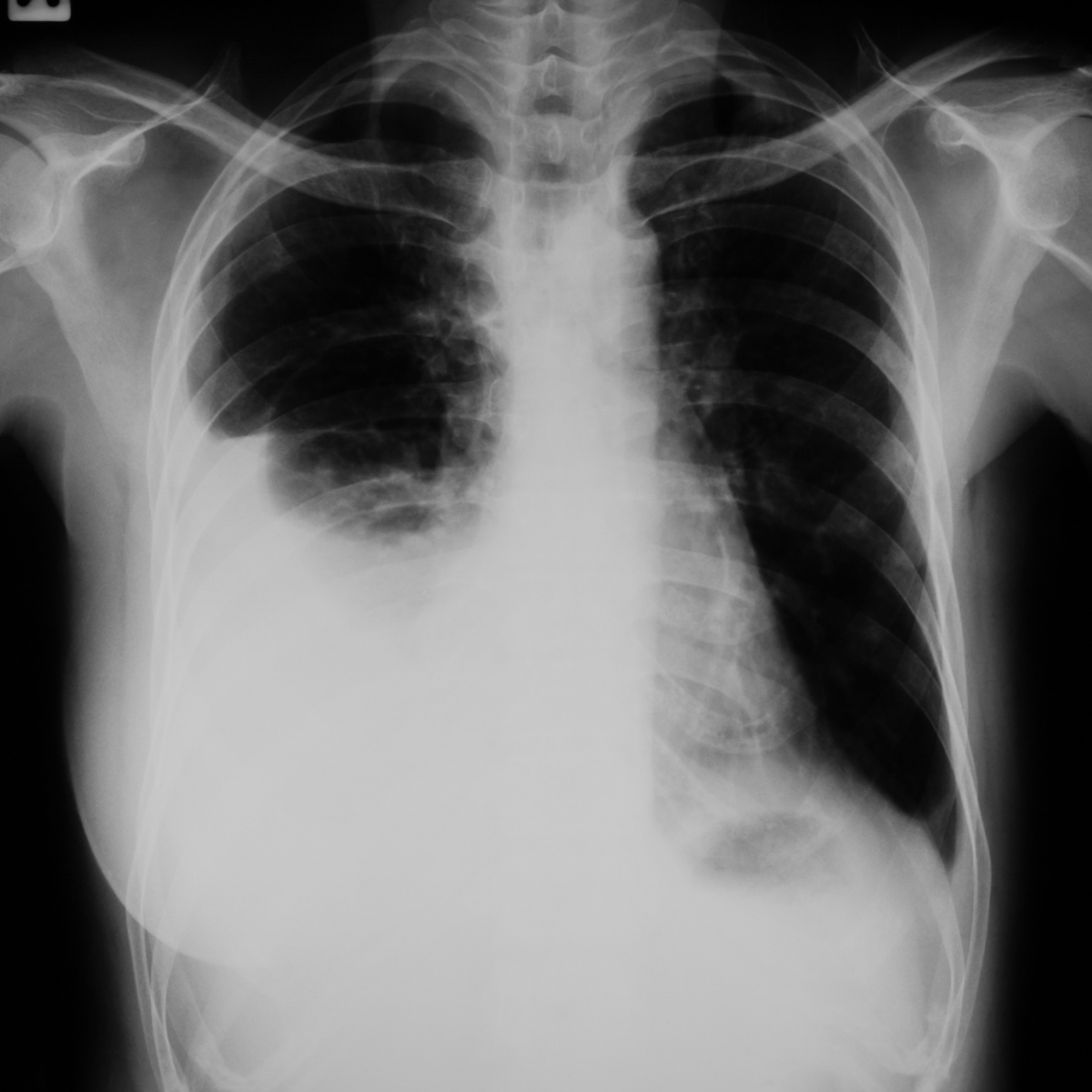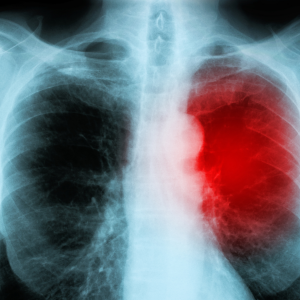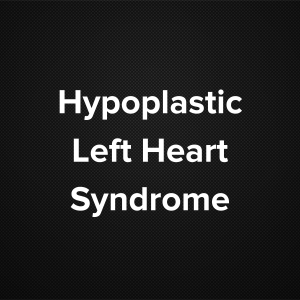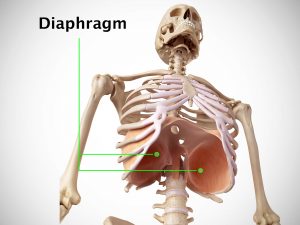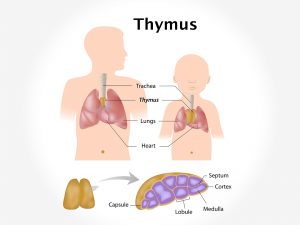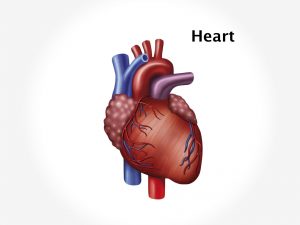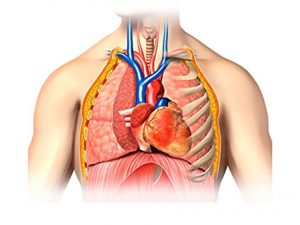Causes and risk factors:
Pulmonary edema can be caused due to several factors. Edema arising due to cardiac causes is called as cardiogenic pulmonary edema, while those arising from other factors are called as non cardiogenic pulmonary edema. Left ventricular failure and congestive cardiac failure, low cardiac output is the most common cardiogenic cause. Smoking, exposure to certain toxic substances, injury to the lungs or viral infection is certain other predisposing factors of pulmonary edema. Certain nervous system disorders like head injury, seizures, subarachnoid hemorrhages also lead to pulmonary edema. Residing at high altitude and mountain climbing, hypoxia increases the risk for pulmonary edema.
Clinical presentations:
Shortness of breath, difficulty in breathing, cough and edema on lower extremities are the cardinal symptoms of pulmonary edema. The patient complaints of cough with expectoration which is frothy and mixed with little blood. Patient experiences difficulty in breathing mostly at night and on lying down. Anxiety, chest pain, restlessness and sweating are the other symptoms seen.
Diagnosis and investigations:
Symptoms narrated by the patient along with examination carried out by the doctor will help in confirming the diagnosis. Echocardiogram, ECG and X-ray of the chest are the diagnostic investigations recommended. Pulmonary artery or cardiac catheterization along with routine blood test, serum electrolytes, and thyroid and kidney function test is done.
Treatment:
Treatment depends upon the cause. Pulmonary edema caused by infections needs to be delt by antibiotics. In cases of unconsciousness and low levels of oxygen tracheal incubation and mechanical ventilation is required. In cardiogenic pulmonary edema making the patient sit in upright position can be helpful in relieving the complaints. Administration of diuretics and vasodilators is recommended. Timely treatment of underlying diseases, cessation of smoking is the essential preventive measures to be implemented.
Recent update:
An article published in the Journal of the Royal Society of Medicine stated that excess collection of watery fluid in the lungs, is likely to become more common with the increase in participation in endurance sports.
